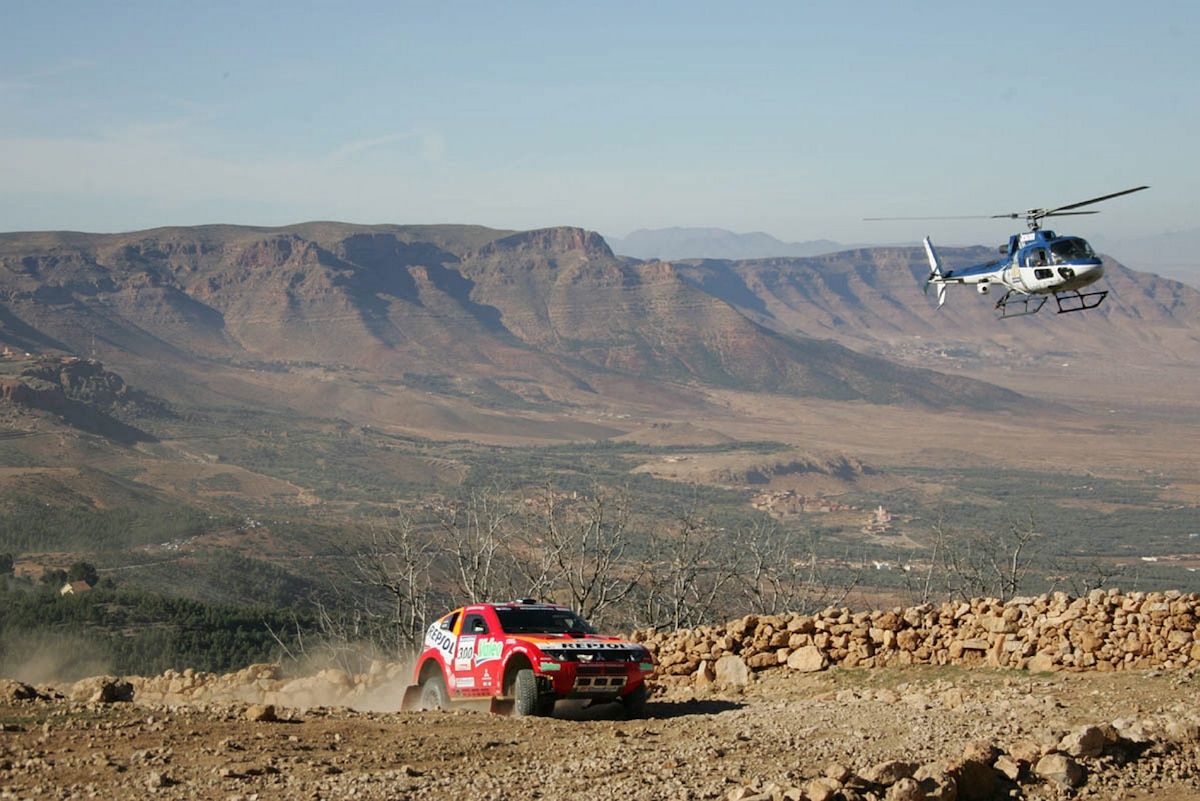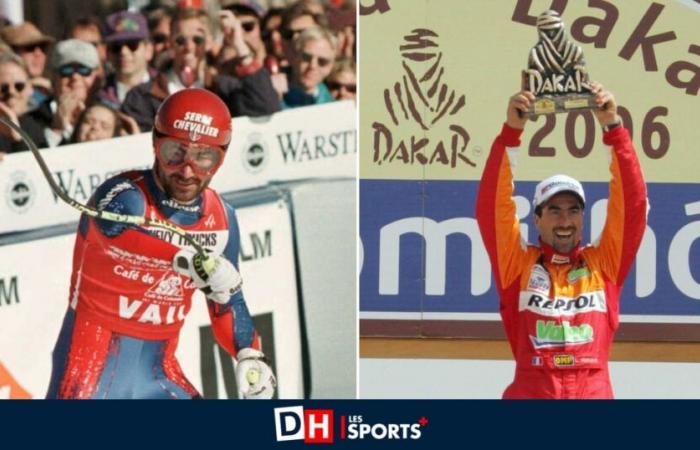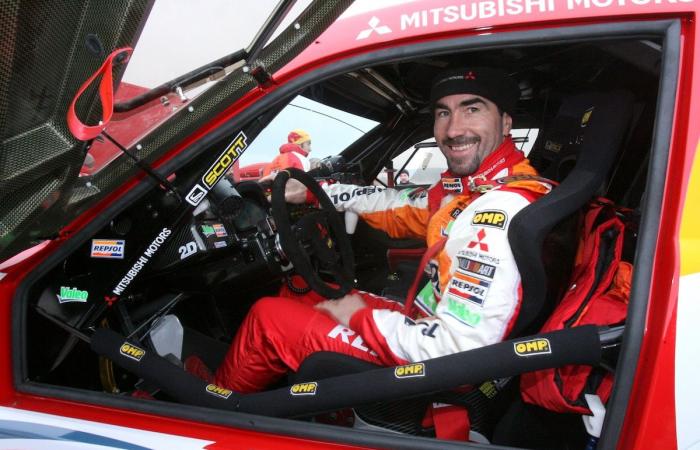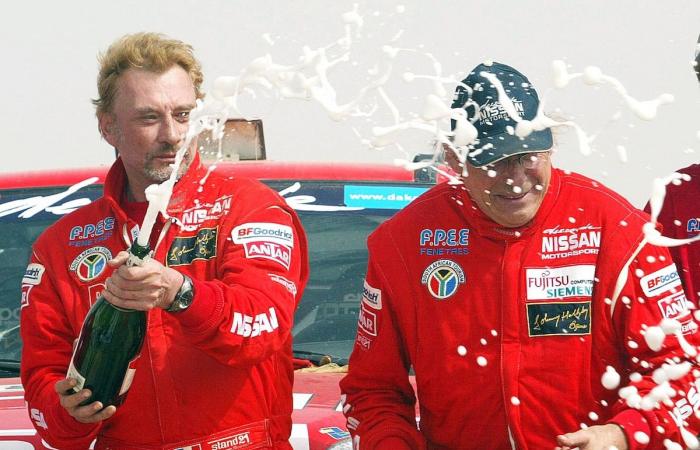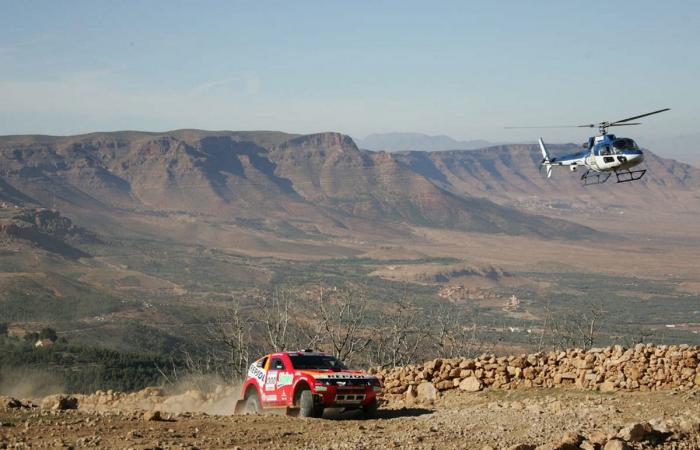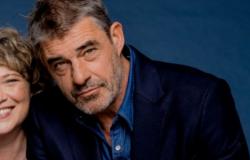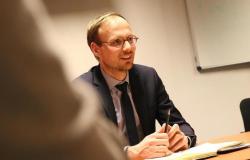Is skiing a more individual sport than driving?
“Skiing is not that individual. You have your technician who will prepare your skis, when you are at the start of the race, we have an osteopath, you have people around you, you have coaches, etc. Afterwards, when you’re in the car and you’re doing the Dakar, you have big teams, you have the mechanics, you have your co-driver with you, you have the team managers. It’s true that it’s bigger. barnum, but it’s also the same kind of life with the constraints of high-level athletes, the training, the sacrifices you have to make to leave home, to live your passion.”
Without skiing, could you have won the Dakar in 2006?
“What I did in skiing helped me get started with cars. Afterwards, I have certain abilities to like speed. If I had been born next to a circuit, maybe I would I would have done motorcycle racing, or perhaps motorsport directly. In any case, my years of ski racing bring about managing the stress of leaving, the way you know yourself, how you manage all that. . Which got me started at the beginning, it’s still notoriety, with the results in skiing.”
gullIt’s always a story of encounter. Skiing got me going.
In 1995, you won your first car competition, during your ski career.
“It’s always a story of encounters. Skiing got me started. I knew people, at the beginning at the Andros Trophy, and then afterwards, you meet people who are on the circuit, … I never thought I would one day do the Dakar. I had already done half a season in the car, finally I was starting and suddenly we were at the Castellet circuit, I was invited to a race and. in the evening, during a meal watered, we tap the corner of the table and say: “We’re going to the Dakar”. It was already the end of August. It’s super late to prepare a project like that, to leave within four months. I’m going to my 27th Dakar this year, although I never thought I’d do that in my life.”
You haven’t missed an edition since the first start?
“I missed last year’s. This year, I organized myself and I’m going back to the Dakar. Afterwards, you have to want to, and you have to work for it, but that’s when you’ve been skiing, and you were a high-level athlete, the Dakar was easier, at the beginning, I did it as a real amateur, but then when I rode for BMW with Grégoire De Mevius, that was 4 or 5 Dakars. I was doing, you get back into high-level sports mode, that is to say you train physically, you work, etc., and then when I was with Mitsubishi, that’s your full-time job. your job to go and try to win the Dakar, and I thought it was fabulous.”
gullWhen I return to the Dakar, I return there for the human adventures, the adventure itself.
Is there still something that motivates you now, as the 27th Dakar approaches?
“I had a big neck accident in 2010, so the road is turning; Peterhansel is not going this year. I’m almost 60 years old, after that things are like this, I already consider myself lucky to have done what I did. Often, when you stop a sport, you have to turn around and say to yourself: “Do I regret anything?”. return to the Dakar, I returns for human adventures, adventure in short. However, I am a skier and I have my three kids who are in the World Cup. Last year, when I was not at the Dakar, I went to. Kitzbühel seeing my kids run, I love it.”

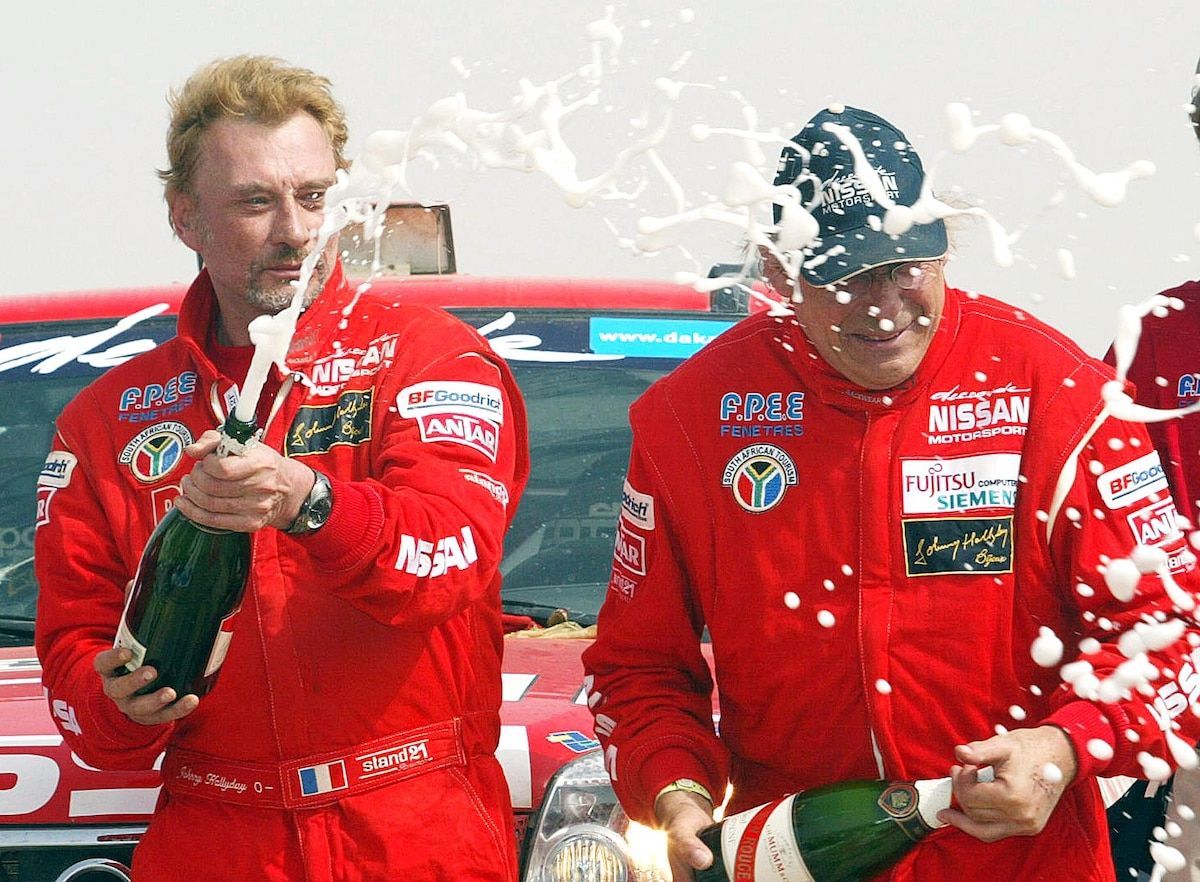
In 2002, Johnny Hallyday was present on the Dakar. This must leave lasting memories…
“I had a manager who knew him a little. When he arrived at the Dakar, we crossed paths, not every day, but almost. I loved his detachment. I think he did the Dakar because He loves it too, first of all motorbikes, cars, and he was light years away from the one who wanted to win the Dakar. He rode to have fun, to try to finish it. ended up struggling but It’s a victory the year he was there, we left Arras. (Northern France). I couldn’t imagine the people who came to see Johnny. Everyone was coming for him. The notoriety he had, the people who stood out, it was incredible. Afterwards, on the bivouac, once people cross paths, you’re not going to piss him off every day, you know that he also has his race to do, he’s tired. These are still good memories, 22 years later. The famous phrase he said: “If I hadn’t lost an hour and a quarter, I would have been here for an hour and a quarter”… He was detached, I saw him arrive on evenings when he was exhausted, he He arrived very late in the evenings, at night and in the morning he left again. That’s part of the Dakar too, all the people who come to do it, there are those who do it to win, but then you have 90% of amateurs who are there for the adventure, to finish, to pass, to arrive at the end.”
gullI loved Johnny’s detachment when he did the Dakar in 2002…
The Dakar is obviously a physical and mental performance, but it is also about human encounters, in the evening at the bivouac.
“It’s an important aspect, of course, that’s why we go back there, now it’s become a factory. I think there are practically 4,000 people on the bivouac, with the classic one, the assistants It’s huge, you have trouble seeing 4000 people, everyone has their own life; I sometimes go by helicopter the evening before, to sleep at the start of the special. of the Dakar and at the finish, we don’t see them at all. Afterwards, everyone does their Dakar, but it’s a joy, it’s still a human adventure.”
The greatest human adventure and sporting performance was in 2006. Do you remember this victory in the Dakar?
“Of course, I speak with Gilles Picard, my co-driver, we finished second in 2005; we must be 18 or 20 minutes behind Peterhansel. I learned well how the staff worked. Stéphane Peterhansel is the prototype of an effective driver in the Dakar, he’s intelligent, he’s fast, he’s reliable. You take these three things, and having seen him, I said: “Next year,. I’m sure he’s crackable.” And we fight all the way with Peter, really, we fought the whole Dakar, because he doesn’t give up. We manage to win, and that moment, if you want, it’s still a typical African Dakar, for us it’s the arrival at Lac Rose, in Dakar, in Senegal. These are moments that you can’t forget. When you do your first Dakars, you. say but the first, but by where They pass, to do the times they do? And then, you win the Dakar, by managing to fight against guys who made you dream, whether it’s Vatanen, Carlos Sainz, Peterhansel, Colin McRae, Kankkunen, whoever you want, guys who made you dream, because they are world rally champions, you see, and you say to yourself, but that’s not true what’s happening to me, it’s crazy.”
gullAfter a while, the drivers, the real pros, they respect you with your results.
Were you welcomed and taken seriously?
“I think I’m arriving, I’m like Johnny or like all the people who come to do the Dakar if you want, then after a while, I think that the drivers, the real professionals, they respect you with your results When you really start to do good times, even to win specials The first special that I win in Egypt, I win in front of Vatanen, and Vatanen at the finish he says to me, with his accent: “Not bad. for a skier.”
Between winning the Crystal Globe in 1997 and the 2006 Dakar, what gave you the most pleasure?
“Winning the Dakar was huge, it’s moments you can’t forget. I belong to the mountains and my sport is skiing, and all the energy I put into it for years skiing… Winning the Globe required more effort perhaps, more persistence, more pain, more of everything you want.”
In 2009, you were the victim of a serious motorcycle accident. Didn’t that traumatize you?
“The experience had an impact on me, because it’s still quite serious. On the contrary, I want to live. I know that since 2009, I’ve been doing something new, at the sporting level in any case. I continue to ski, to ride a motorbike, to live like that. You shouldn’t be forbidden anything, otherwise you won’t do anything anymore. But at the same time, I don’t act like an idiot. don’t feel good, I’m trying to not to do. It still calmed me down a little.”

